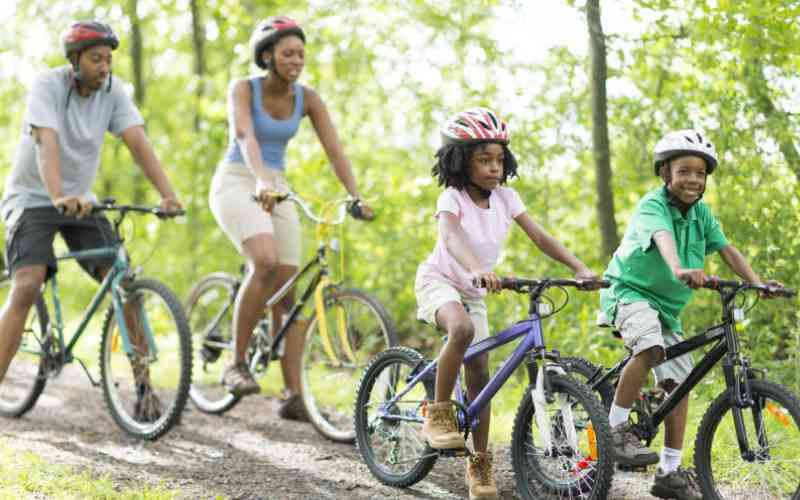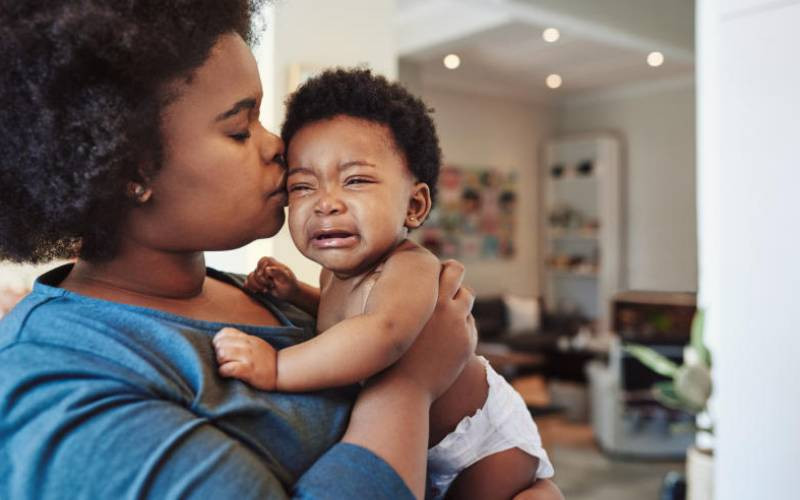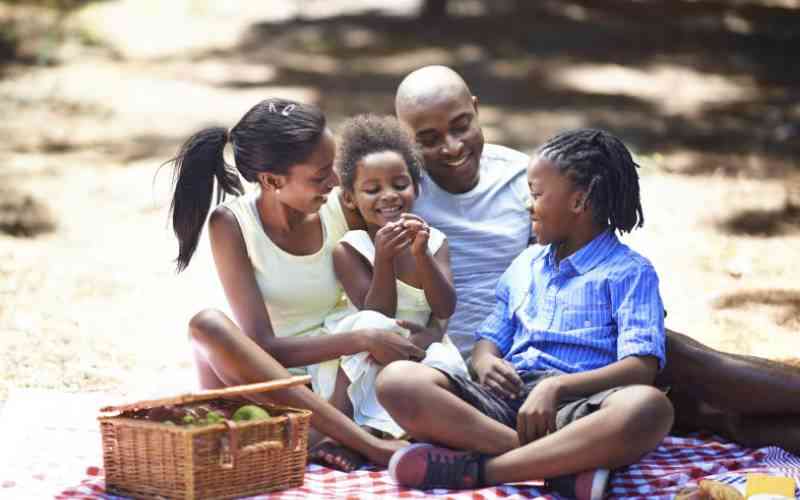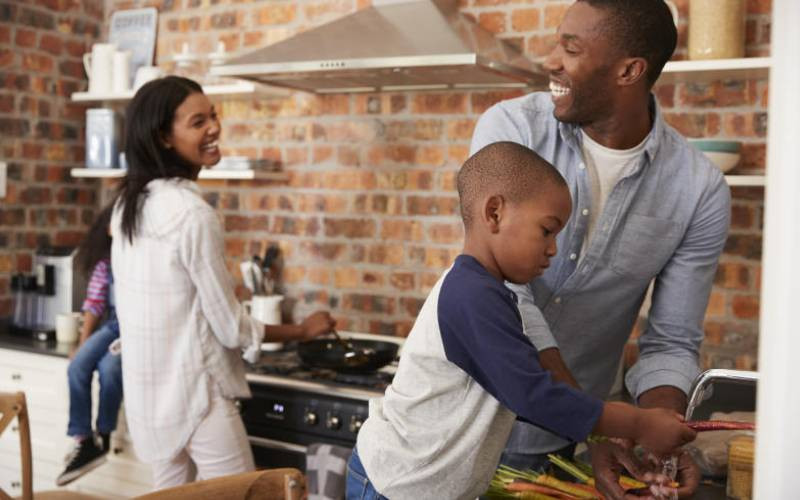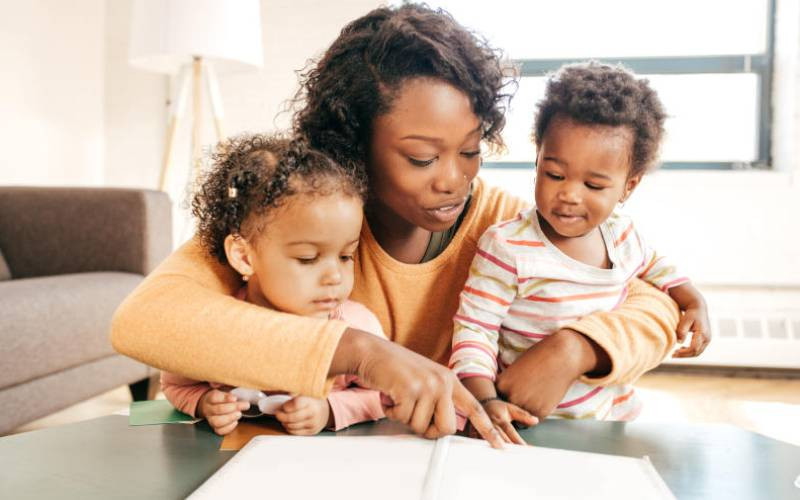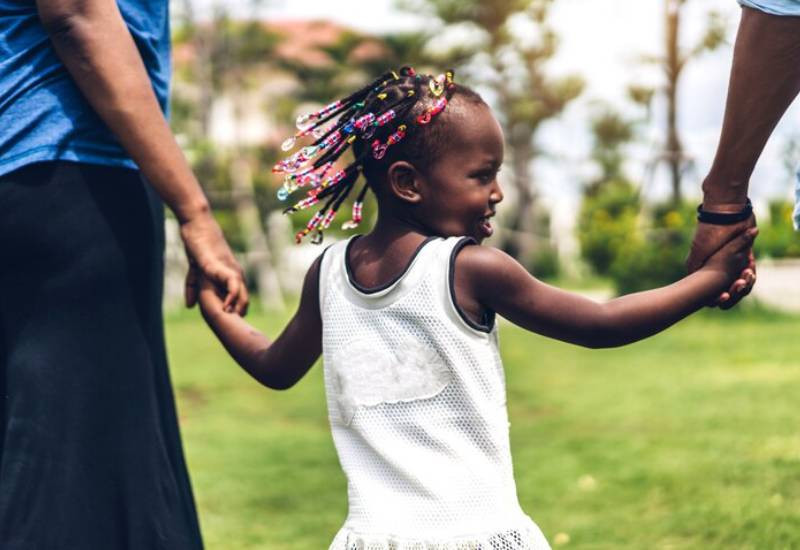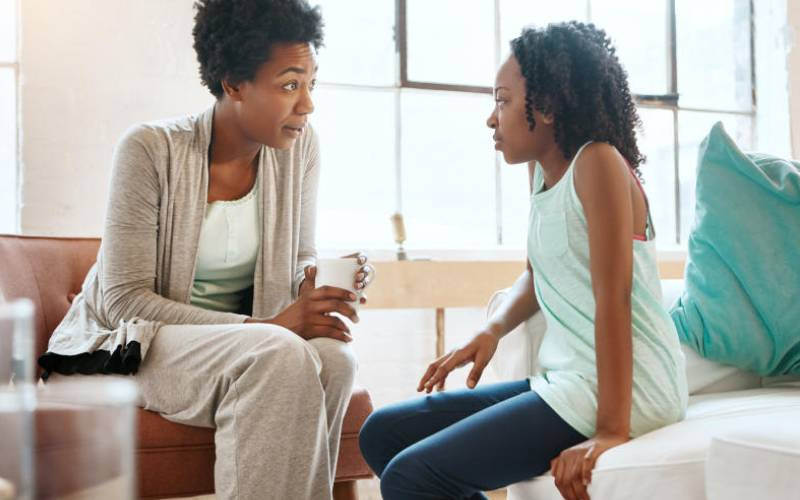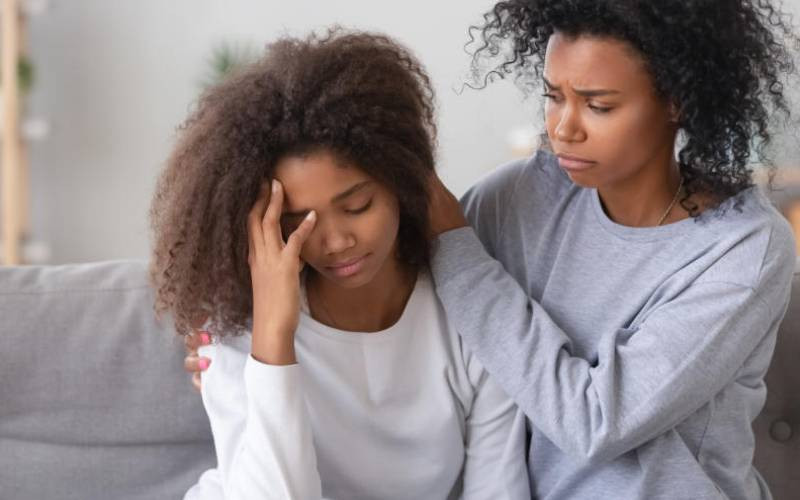
Going back to school after a long break can be disruptive for children at the best of times.
But as many students prepare to head back to the classroom after months in lockdown, pupils and parents have never felt more apprehensive.
There are not just concerns about the risk of Covid-19, but also how children will adapt to new practices, such as keeping their distance from each other and the teachers.
But psychotherapist Noel McDermott says there is plenty you can do to prepare youngsters for their “new normal”. Here’s his advice:
Identify their fearsStart by asking yourself if your concern about schools reopening is genuinely shared by your offspring.
Noel says: “Most children are happy-go-lucky by nature and optimistic about life, but they are worried at the moment because their parents are.
“They pick up on what is happening to the important individuals around them.
“Stability is also really important to children, but all of that went out of the window with the pandemic.
“While you can reassure them, you can’t tell them nothing has changed. They have clear evidence because they can’t see their friends or grandparents, or go to school.
“The fear about transmission of the virus is an adult fear. However, this is not the child’s fear. So if they seem worried, ask them why.”

Prepare for schools going back in the same way you’d approach the end of everyother school holiday.
Noel says: “Give your child some positive messages and build up their excitement.
“Going back will mean they get to see friends and teachers and do their favourite lessons but there will be a sense of loss that this period at home is ending.
“They will have enjoyed time with Mum and Dad, even if you found it exhausting.
“Acknowledge that sadness. Tell them, ‘I am going to miss you too and I love you’.
“Younger ones may show separation anxiety but it’s to be expected. They might be a bit tearful, regress and act out a bit.
“Don’t misinterpret that as something more significant. It is totally normal.”
Empower them to embrace the new regimeGoing back to school normally brings familiarity and routine, but things will not be as they were. How do you ensure the changes do not scare them or come as a shock?
Noel says: “It’s really important to have an open conversation about what will happen each day, like when you first explained about handwashing and social distancing.
“Be honest but keep fears manageable and explained in a context they would understand for their age, balanced with real world advice and solutions.
“For example, we know there are nasty germs out there that you can’t see but you can stop them by washing your hands.
“Tell them, ‘These changes are hard and will be hard to stick to, but it is about keeping other people safe, especially your friends and your grandparents’.
“Get them on board with the new measures as allies, rather than pointing out the stuff they are losing. This will help them feel empowered.”

Parents need to get on board with teachers and trust that they are putting their child’s best interests at heart.
Noel says: “Teachers are competent professionals who will manage this situation for the best. Listen to the staff, take a lead from them and back them. Teachers are important figures in their lives and any conflict will create a division of loyalties that will be upsetting.”
Positive reinforcement, not punishmentSticking to rules can be tricky at the best of times, so find out how the school will tackle any breaches and try not to blow transgressions out of proportion.
Noel says: “These measures will be hard to stick to, especially for young children, who will inevitably break out of their bubbles. Remember that positive reinforcement is better than negative punishments.
“If you get messages home that your child is breaking social distancing, try to positively reinforce the good behaviours they are sticking to and talk about how they could get even better.”
Focus on the benefitsNoel stresses that parents must not lose sight of the good reasons why their child should go to school, especially when evidence suggests the risks to them from Covid-19 are low.
He says: “Children develop best in complex social groups. Families can only do so much. It is not just education – school gives vital psychological development to become a functioning, independent adult.
“We also have to get kids back to school to help them deal with the upheaval they experienced.
“One of the first things psychologists do in places there has been a war is to set up schools. They are protective against trauma.
“The simple act of going to school makes a difference. Parents should not view it negatively.”
 The Standard Group Plc is a multi-media organization with investments in media platforms spanning newspaper print
operations, television, radio broadcasting, digital and online services. The Standard Group is recognized as a
leading multi-media house in Kenya with a key influence in matters of national and international interest.
The Standard Group Plc is a multi-media organization with investments in media platforms spanning newspaper print
operations, television, radio broadcasting, digital and online services. The Standard Group is recognized as a
leading multi-media house in Kenya with a key influence in matters of national and international interest.

